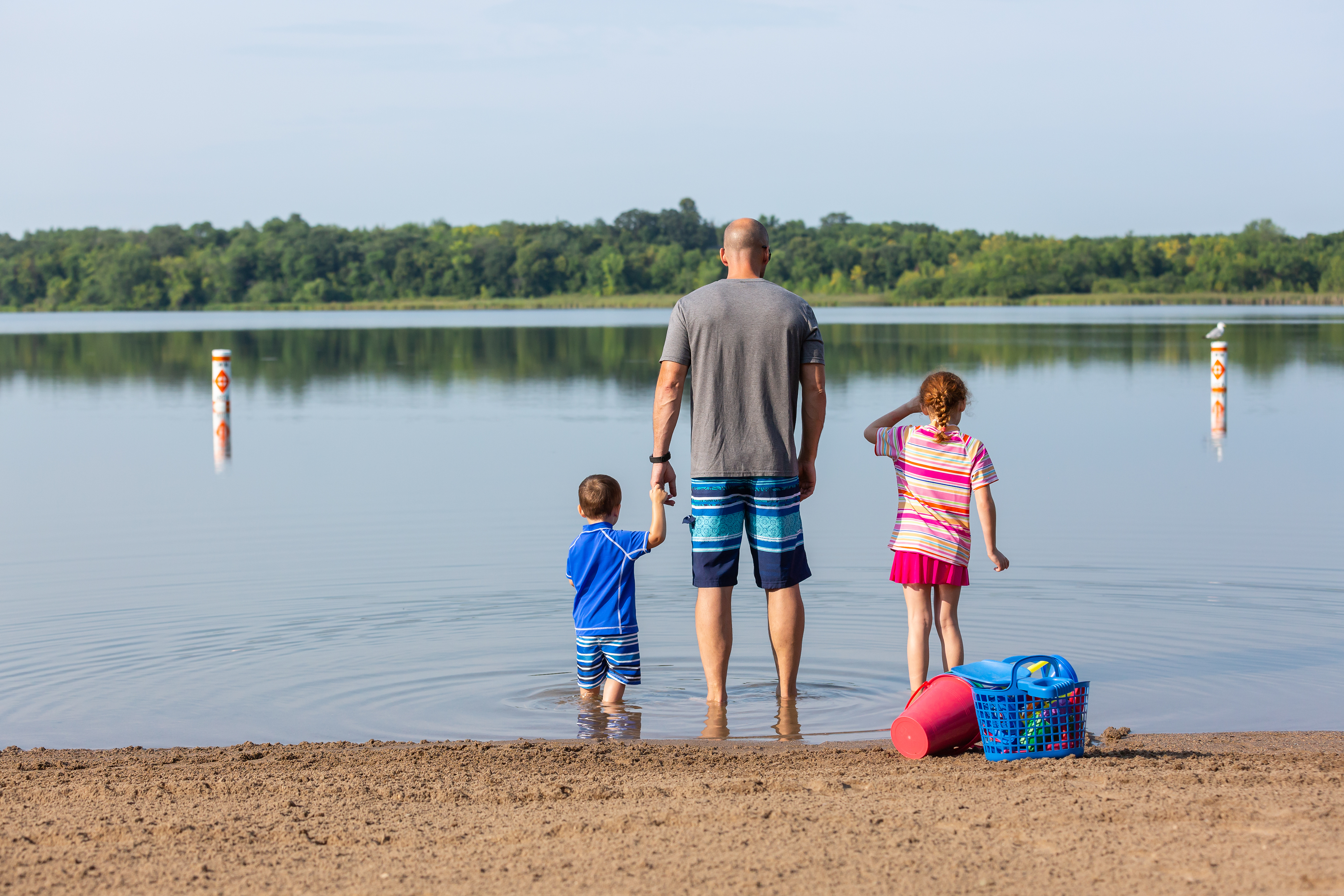Summer is right around the corner—and for many families, vacation is top of mind. Whether you’re planning beach outings, water sports or exploring lakes and rivers, these six tips will help you keep your family safe in and around the water:

1. Everybody should know how to swim, and adults should know CPR. Enroll children in swimming lessons ahead of the planned vacation period and learn CPR so adults are prepared to act quickly in an emergency.
2. Review water safety with your family before and during your trip. Establish family water rules. Talk to your family about the importance of water safety ahead of your vacation. Each family member can do their part to ensure the safety of the group.
- Teach kids to always ask permission before entering any body of water.
- Identify a “Water Watcher”. This adult is tasked with keeping an active eye on and supervising the weather and everyone around or in a body of water, with no distractions.
3. Ensure all pools and spas you visit have proper barriers and compliant drains. Proper fences, barriers, alarms and covers can be lifesaving devices. The Consumer Product Safety Commission offers this advice:
- If you’re staying somewhere with a pool or spa, call ahead to confirm which barriers are in place to keep children from accessing the water without adult supervision. For example, if you’re staying at a hotel, is a keycard required to enter the pool area or is there a self-closing, self-latching gate around the pool?
- If you’re staying with a friend or family member, is there a door alarm to alert you if someone opens the back door to the pool area? In addition to barriers, all public pools and spas are required to have drain grates or covers that meet safety standards to protect swimmers from powerful drain suction.
- Confirm that all drains are VGB-compliant before kids get in the water by asking the pool or spa owner to confirm that they are using anti-entrapment drain covers.
4. Gear up! While water toys like inflatable floats or pool noodles are fun, they are not safety equipment. Coast Guard-approved life jackets should be used to keep kids safe, in or around any body of water. Hats, sunglasses, UV-protective clothing and sunscreen with a high SPF will help protect against sunburn. Don’t forget the first aid kit!
5. Stay hydrated and keep energy levels up. Pack balanced snacks, meals and plenty of water. No phones, no books and no conversations.
6. Respect the environment. Leave the area the way you found it—or better! Bring a garbage bag with you to ensure food wrappers, cans or papers don’t get left behind. If it’s safe to do so, consider disposing of existing litter as you leave.


